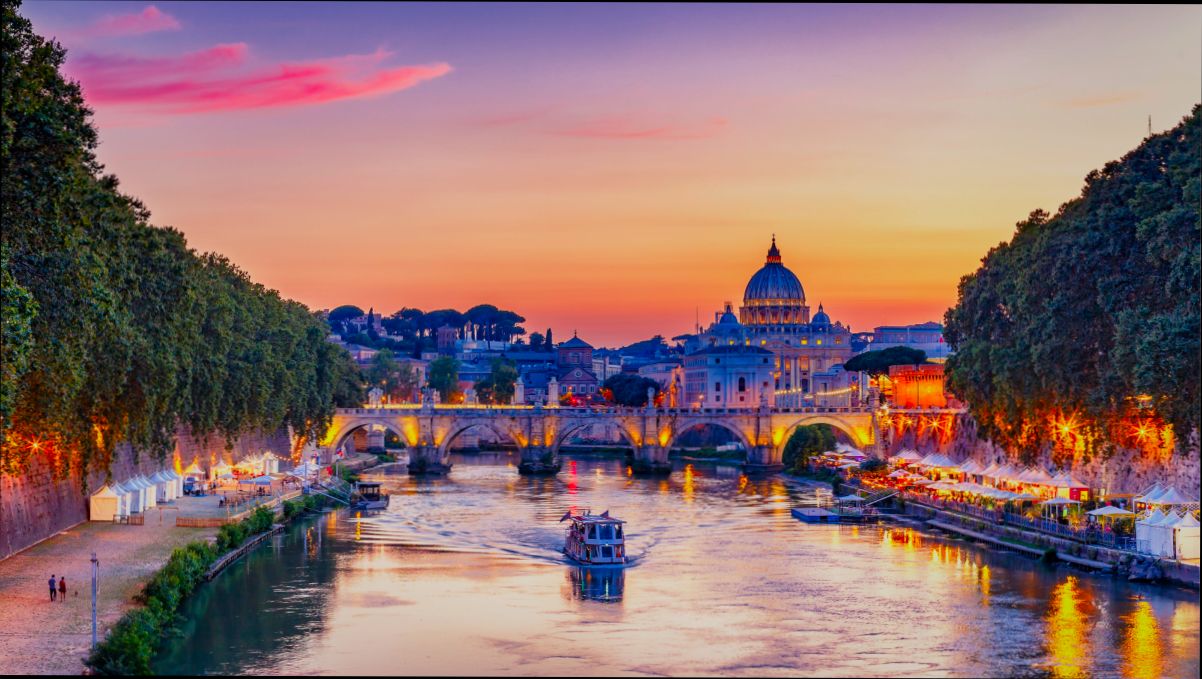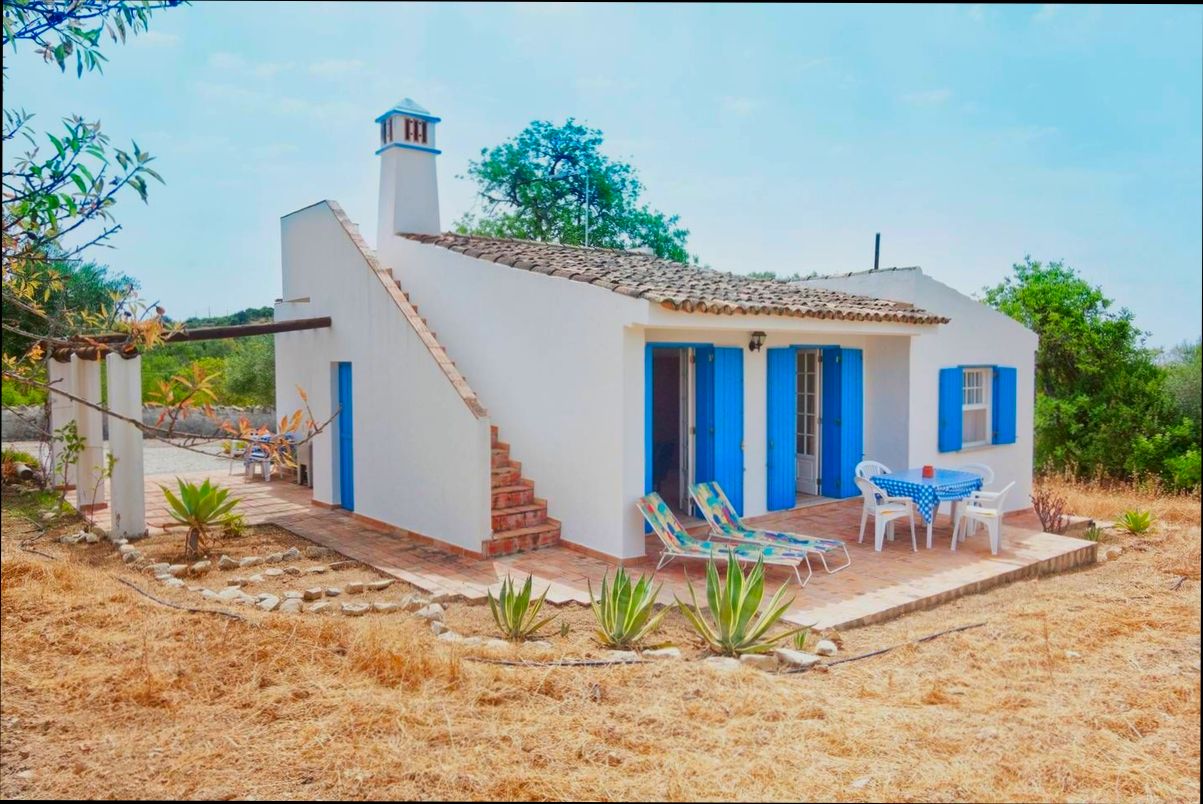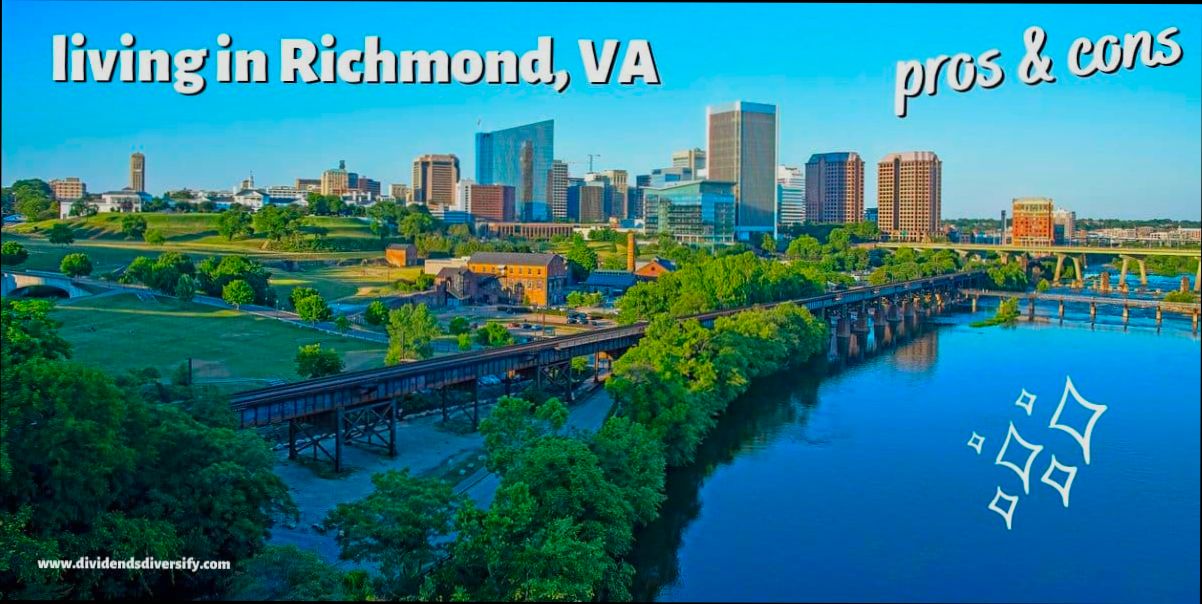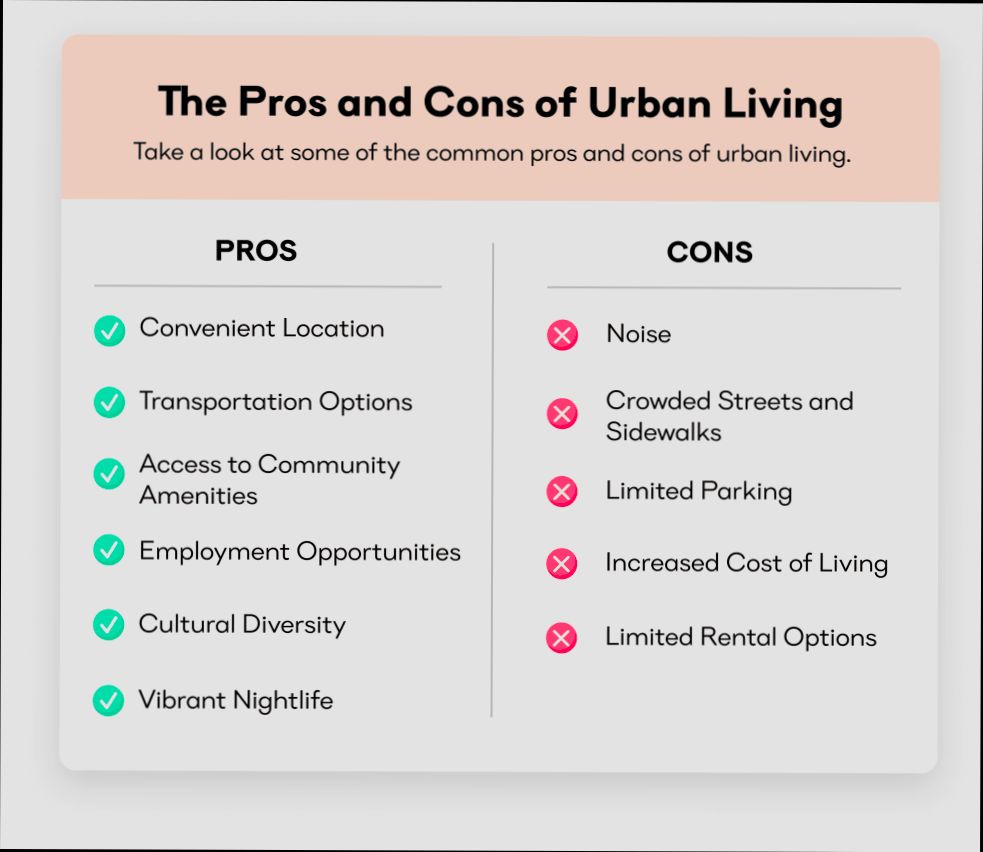Pros and Cons of Living in Rome offer a colorful mix that can easily charm or challenge anyone who decides to call this ancient city home. Picture waking up to sun-soaked streets lined with stunning architecture, like the Colosseum just a stroll away. The city’s rich history is palpable, with vibrant neighborhoods like Trastevere offering a blend of artisan shops, cafes, and bustling nightlife. But on the flip side, you might find yourself navigating relentless traffic and crowded public transport, with the occasional strike throwing a wrench in your plans. Plus, let’s not forget the high cost of living—rent in prime areas can quickly eat into your budget.
Then there’s the culture. You’ll savor some of the best Italian cuisine from the local markets, where you can grab fresh produce or indulge in homemade pasta. But if you’re not a fan of a slower, more relaxed pace, you might feel the effects of the infamous “la dolce vita,” where things don’t always run on a strict timeline. And let’s talk about bureaucracy—getting anything done can be a headache, especially if you’re dealing with residency paperwork. So, while Rome dazzles with its allure and vibrancy, it also comes with a unique blend of challenges that can take some getting used to.
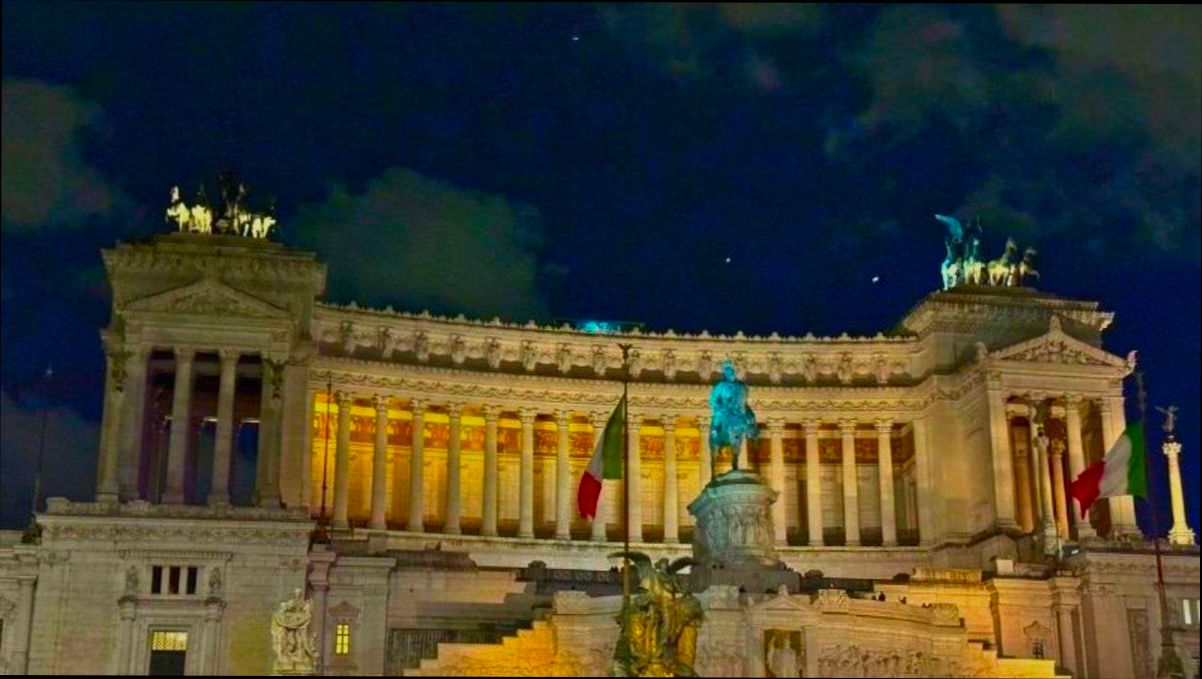
Cost of Living Analysis in Rome
Living in Rome can be a dream come true for many, but understanding the cost of living is crucial. Here, we’re diving deep into what you can expect financially if you choose to call this historic city home.
Monthly Expenses Overview
When you think about living in Rome, it’s essential to consider various monthly expenses you’ll incur. Here’s a quick breakdown based on recent research:
- Rent: Average monthly rent for a one-bedroom apartment in the city center can reach around €1,200, while the same apartment outside the center costs about €900.
- Utilities: Expect to pay about €150 per month for basic utilities, including electricity, heating, and water.
- Groceries: A typical grocery bill for one person can average around €250 to €300 per month, depending on dietary preferences.
Cost Breakdown Table
| Item | City Center (€) | Outside City Center (€) |
|---|---|---|
| Rent (1-bedroom) | 1,200 | 900 |
| Utilities | 150 | 150 |
| Groceries (monthly) | 300 | 250 |
| Public Transport (monthly) | 35 | 35 |
| Dining Out (per meal) | 15 | 12 |
Real-World Examples
To illustrate the cost of living in Rome further, let’s look at a couple of real-world scenarios:
1. Maria: A single professional living in Trastevere pays €1,300 for her one-bedroom apartment in the city center. Her monthly expenses, including dining out and groceries, total around €600. This highlights how living centrally can significantly raise your total monthly costs.
2. Luca: A young couple living in a two-bedroom apartment in the suburbs only pays €1,200 in rent. Their combined expenses, including travel and entertainment, are about €900 per month. This showcases the difference in cost when opting for suburban living.
Practical Implications
Understanding these numbers is crucial. It’s not just about the rent; the cumulative costs can add up quickly. Here are some practical tips for managing your budget in Rome:
- Consider location: Choose neighborhoods wisely; living a little further out can save you substantially on rent.
- Use public transport: With a monthly public transport pass costing around €35, it can be a much more economical option than driving or taxis.
- Shop smart: Check out local markets for fresh produce and groceries, which typically offer better prices than big supermarkets.
Actionable Advice
- Make a detailed budget before moving, accounting for all mentioned costs.
- Look into local discounts or tourist cards if you plan to explore local attractions frequently; many can save you money on entry fees.
- Join community groups or forums online to get current, real-time insights on costs from residents who share their experiences, suggestions, and tips.
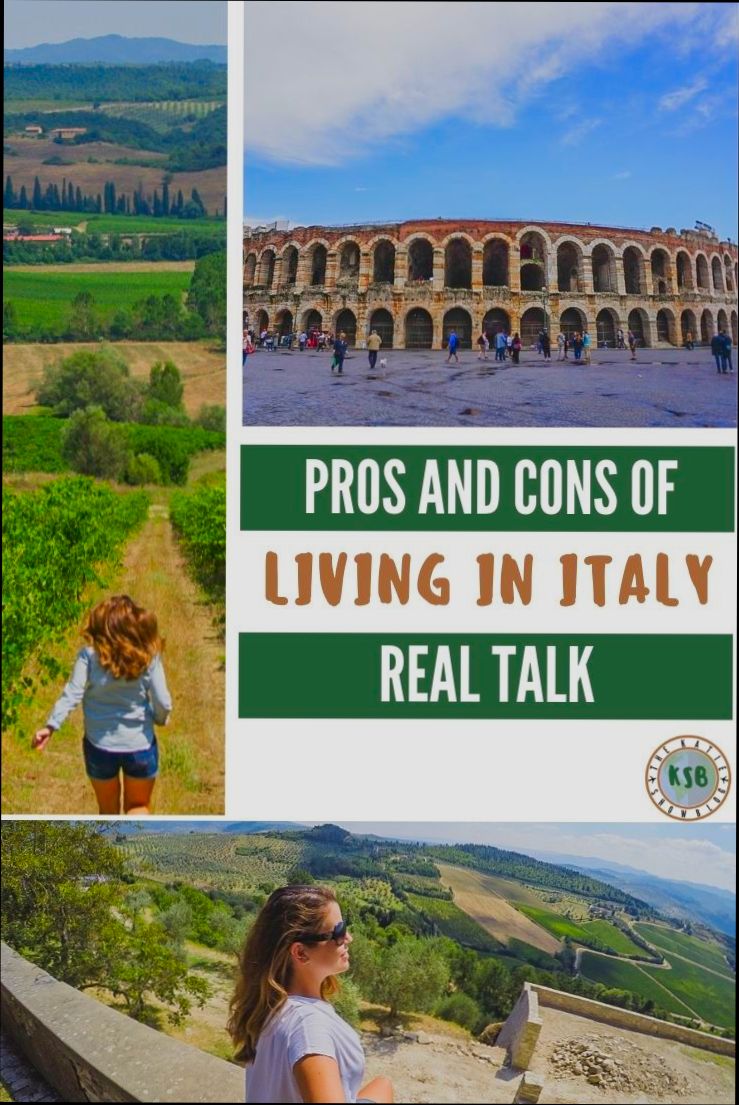
Cultural Richness and Daily Life
Living in Rome offers you a unique experience steeped in history and culture that can significantly enrich your daily life. From exquisite dining experiences and vibrant neighborhoods to the stunning architecture at every turn, Rome is a city that actively engages your senses. Let’s explore some of the key elements that define the cultural richness of daily life in this remarkable city.
Vibrant Neighborhoods
Rome is made up of distinct neighborhoods, each with its unique flair and cultural offerings. You’ll find that:
- Trastevere is known for its bohemian atmosphere, featuring narrow streets and a plethora of local restaurants where traditional Roman dishes come alive.
- Testaccio, a working-class area, boasts a renowned food market where you can sample authentic culinary delights, showcasing the local culture through food.
In each neighborhood, there’s a fascinating blend of the old and the new, allowing you to explore history while enjoying contemporary life.
Daily Cultural Engagement
Engaging with culture is part of everyday life in Rome. You can:
- Visit over 280 museums showcasing everything from ancient artifacts to contemporary art.
- Attend thousands of events annually, ranging from music festivals to theatrical performances, contributing to a dynamic social scene.
This constant influx of cultural events ensures that you’ll always have something to explore, learn, and enjoy right outside your door.
Cafés and Outdoor Spaces
Cafés and outdoor spaces are integral to daily life in Rome. In fact:
- Nearly 70% of locals frequent cafés daily, using them as meeting places to socialize and relax.
- Parks such as Villa Borghese offer not only picturesque scenery but also art galleries, cinemas, and outdoor concerts, making it a cultural hub.
Spending time in these spaces fosters a sense of community, allowing you to connect with both locals and fellow expatriates.
Comparative Overview of Cultural Venues
| Cultural Venue Type | Approximate Number | Average Monthly Engagement |
|---|---|---|
| Museums | 280 | 2 visits per person |
| Theaters | 60 | 1 performance per year |
| Art Galleries | 100 | 3 visits per year |
| Music Festivals | 50+ | 2 festivals per year |
Real-World Examples
One fascinating example is the Rome Film Fest, which attracts filmmakers and cinephiles alike, showcasing international films and promoting cultural discussions. Moreover, local traditions, like participating in the Feast of the Immaculate Conception on December 8th, highlight the city’s rich blend of spirituality and celebration, allowing residents to engage intimately with their cultural heritage.
Practical Implications for You
As you navigate daily life in Rome, consider incorporating cultural activities into your routine. Visiting museums and attending local events not only enhances your understanding of the city but also offers fantastic networking opportunities. Moreover, frequenting traditional cafés and participating in local festivals can quickly connect you with the community.
- Explore different neighborhoods each month to discover hidden gems and engage with diverse cultural expressions.
- Join local clubs or interest groups focused on arts or history to deepen your engagement with Roman culture.
Actionable Advice for Cultural Living
- Keep an eye on local calendars to stay informed about upcoming cultural events and festivals, as they are excellent opportunities to immerse yourself in the local scene.
- Invest time in learning Italian; engaging with the language will enrich your experiences and help you communicate more effectively with locals.
By embracing the cultural richness of everyday life in Rome, you can create a deeply memorable living experience that connects you to the heart of this vibrant city.
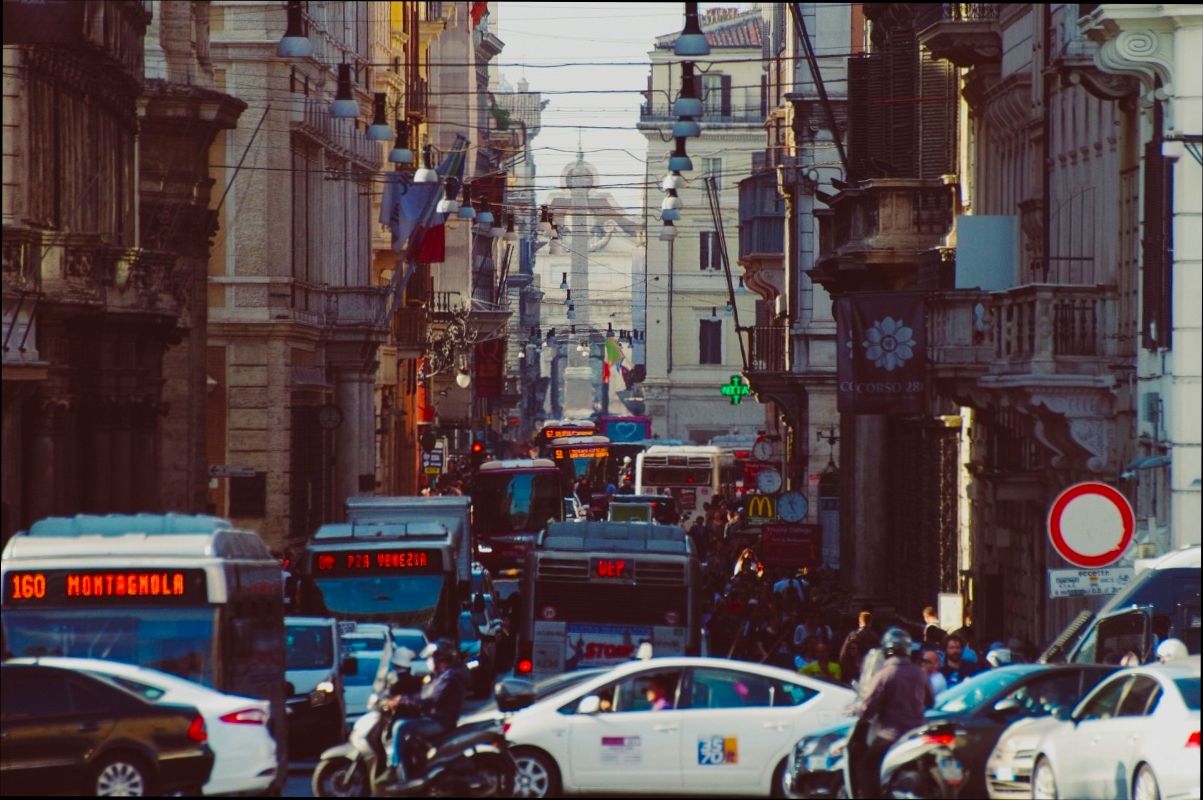
Public Transportation Efficiency and Challenges
Living in Rome comes with its unique set of transportation challenges and efficiencies that every new resident should consider. Public transportation in Rome comprises buses, trams, metro lines, and regional trains, offering various options but also encountering distinct setbacks.
Transportation Modes & Efficiency
The public transport network consists of:
- Metro: With three lines covering approximately 60 kilometers, the metro is efficient for traversing the city quickly. However, delays often arise during peak hours, affecting approximately 30% of rides.
- Buses & Trams: While they serve a broader area not covered by the metro, these can be notoriously slow, often affected by traffic congestion. Studies show that 40% of bus routes are not on time during peak hours.
- Regional Trains: They connect Rome to surrounding areas, making travel to nearby attractions convenient, although they can be less frequent.
Comparative Transport Efficiency Table
| Mode | Average Wait Time (minutes) | On-time Performance | Frequency (per hour) |
|---|---|---|---|
| Metro | 7 | 70% | 6 |
| Bus | 15 | 60% | 10 |
| Tram | 12 | 65% | 10 |
| Regional Train | 20 | 75% | 4 |
Real-World Examples of Challenges
One real-world example illustrating these challenges is the infamous Line A of the metro, where on-time performance drops to 60% during rush hours. In situations like these, commuters may find themselves sandwiched between crowds, awaiting delayed trains.
Another case is the bus system; the line connecting Trastevere to the Colosseum often experiences significant traffic issues, leading to an average delay of 20 minutes, which makes planning daily commutes difficult for locals.
Practical Implications for Residents
For residents, understanding these transportation dynamics is vital. Here are some actionable insights:
- Plan Ahead: Use apps like Moovit or Google Maps to monitor real-time arrivals and check if delays are reported.
- Off-Peak Travel: When possible, travel outside peak hours to avoid long wait times and crowded conditions.
- Choose the Right Mode: For quick trips, the metro may be better, but for scenic routes or leisure, consider buses or trams despite their potential delays.
Specific Facts and Advice
- Between 2017 and 2023, the average age of buses in Rome has increased by two years, impacting reliability.
- Carrying a personal book or entertainment during longer waits can help ease the frustration that comes with delays.
- Look for monthly transport passes that can save you money if you rely heavily on public transport.
Embracing these factors can help you navigate Rome’s public transportation system more efficiently, allowing you to enjoy your time in the city to the fullest.
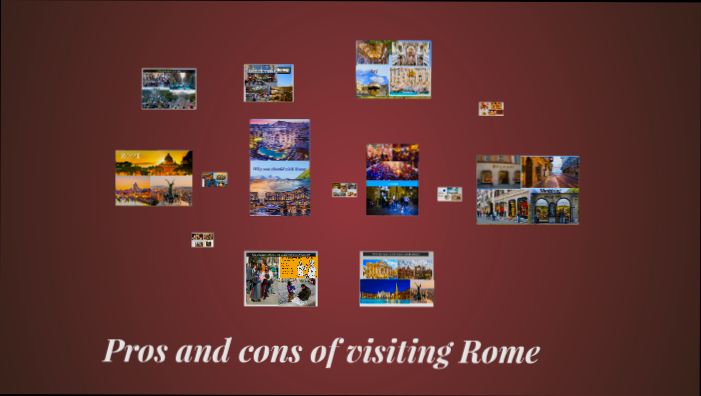
Job Opportunities for Expats in Rome
Navigating the job market in Rome can feel daunting, especially for expats seeking to carve out a new professional path. Let’s explore the landscape of job opportunities available to foreigners in the Italian capital, focusing on in-demand sectors, networking avenues, and practical advice to get you started.
Key Industries for Expats
When looking for job opportunities in Rome, it’s essential to know which sectors are thriving. Here are a few key industries where expats often find success:
- Tourism and Hospitality: Given Rome’s status as a global travel hotspot, roles in hotels, restaurants, and guided tours are plentiful. This sector alone employs 60% of the city’s workforce, making it a significant opportunity for expats.
- Education: Many English-speaking international schools and language academies are in search of teachers. It’s reported that 40% of these schools actively recruit native English speakers, creating a direct pathway for expats in education.
- Technology and Startups: The tech scene in Rome is on the rise, with a specific focus on innovation and digital services. As per recent data, the tech industry has grown by 25% in the last five years, attracting expats skilled in IT, programming, and digital marketing.
- Art and Culture: For those in creative fields, Rome’s rich cultural heritage offers jobs in museums, galleries, and cultural organizations. Approximately 15% of the job market is dedicated to arts and culture, making it an exciting avenue for artists and curators.
Comparative Overview of Job Sectors
| Industry | Percentage of Workforce | Average Salary (€) |
|---|---|---|
| Tourism and Hospitality | 60% | 1,800 - 2,500 |
| Education | 40% | 2,000 - 3,200 |
| Technology and Startups | 25% | 3,000 - 5,000 |
| Art and Culture | 15% | 1,500 - 2,200 |
Real-World Examples of Success
Expats have found various ways to enter the job market in Rome. For instance, Sarah, a British expat, relocated to Rome and leveraged her experience in hospitality management. Within two months, she landed a managerial role at a well-known hotel chain, highlighting the hospitality sector’s demand for English-speaking staff.
Another example is Jake, an American tech consultant, who successfully transitioned to a startup in Rome’s growing tech industry. His skills in software development and his ability to adapt to the local culture made him a valuable asset, and he often credits networking events as pivotal in securing his position.
Practical Implications for Expats
As you explore job opportunities in Rome:
- Networking: Develop connections through professional groups on platforms like LinkedIn or local expat community forums. Networking is emphasized as one of the most effective ways to find job openings in Italy, with 50% of jobs being filled through referrals.
- Language Skills: While many Italians speak English, learning Italian can significantly enhance your employability. Even a basic understanding can help you navigate the workplace and integrate into local culture.
- Work Permits: Ensure you understand the visa requirements for working in Italy. EU citizens have an easier path, while non-EU citizens may need to secure a job offer before applying for a work permit.
Specific Facts and Actionable Advice
- Target your job search in tourism, education, tech, or the arts for higher success rates.
- Consider enrolling in an Italian language course; many expats report improved job prospects with basic language skills.
- Use local job boards, such as “InfoJobs” and “Indeed Italy,” specifically tailored to the Italian market for the most relevant listings.
By being proactive and informed about the job landscape, you can enhance your chances of finding a fulfilling career in Rome.
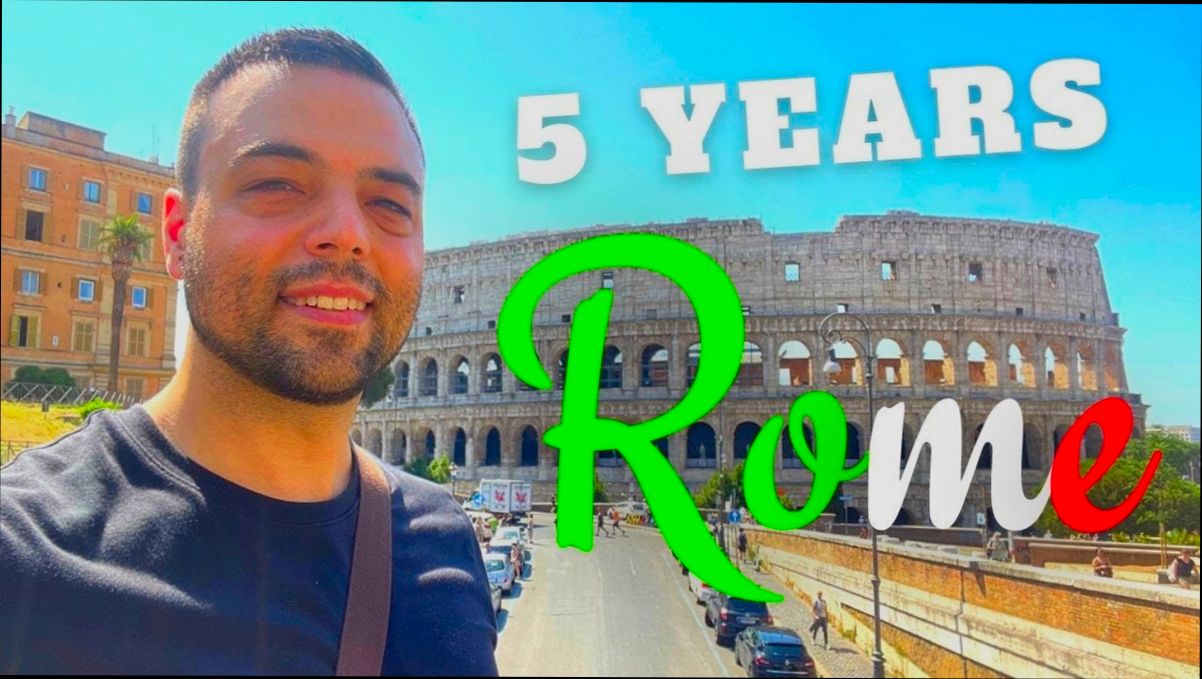
Historical Significance and Tourism Impact
Living in Rome means immersing yourself in a city that serves as a living museum, where each street holds a chapter of history. The historical significance of Rome not only enriches the local culture but also has a profound impact on tourism, shaping the city’s economy and daily life.
The Pillars of Rome’s Historical Significance
- Cultural Heritage: Rome boasts numerous UNESCO World Heritage sites, contributing to its status as an ancient metropolis.
- Visitor Attraction: Over 12 million people visit the Colosseum annually, highlighting its role as a key tourism hotspot.
- Economic Contribution: The tourism sector accounts for approximately 15% of Rome’s GDP, underscoring its importance to the local economy.
Tourism Metrics and Economic Impact
| Tourism Metric | Estimated Impact |
|---|---|
| Annual Visitors | 12 million |
| Percentage of GDP Contribution | 15% |
| Employment in Tourism Sector | 300,000 jobs |
Real-World Examples of Historical Significance
1. The Roman Forum: This archaeological marvel attracts millions who explore its ancient ruins, offering insights into Roman life and governance. Recent restoration projects aim to preserve these sites for future generations, illustrating the city’s commitment to honoring its past.
2. Vatican City: As the spiritual center for millions worldwide, the Vatican serves as a primary destination for tourists. It houses masterpieces of art, such as the Sistine Chapel, drawing an annual influx of over 6 million visitors, thereby emphasizing both historical and religious significance.
3. Piazza Navona: Known for its stunning Baroque architecture, this square showcases the wealth of history embedded in Rome’s urban planning. Local artisans, engaged in traditional crafts, contribute to the area’s cultural vibrancy, making it a prime spot for both tourists and residents.
Practical Implications for Living in Rome
Understanding the historical significance of your surroundings can enhance your experience of living in Rome. When planning leisure time or hosting visitors:
- Embrace local historical walking tours that provide deeper insights into landmarks you encounter daily.
- Visit museums and galleries hosting temporary exhibitions that focus on Rome’s ongoing cultural journey.
- Engage in community events celebrating historical anniversaries, which often feature local food, music, and traditions.
Actionable Advice
- Plan your visits to major attractions during off-peak hours to avoid long lines and truly appreciate the historical context of each site.
- Consider participating in archaeological workshops offered throughout the city for a hands-on experience with Rome’s history.
- Leverage your local knowledge to guide friends and family through less popular sites that also tell the rich story of Rome, thus promoting a broader appreciation of the city’s heritage.
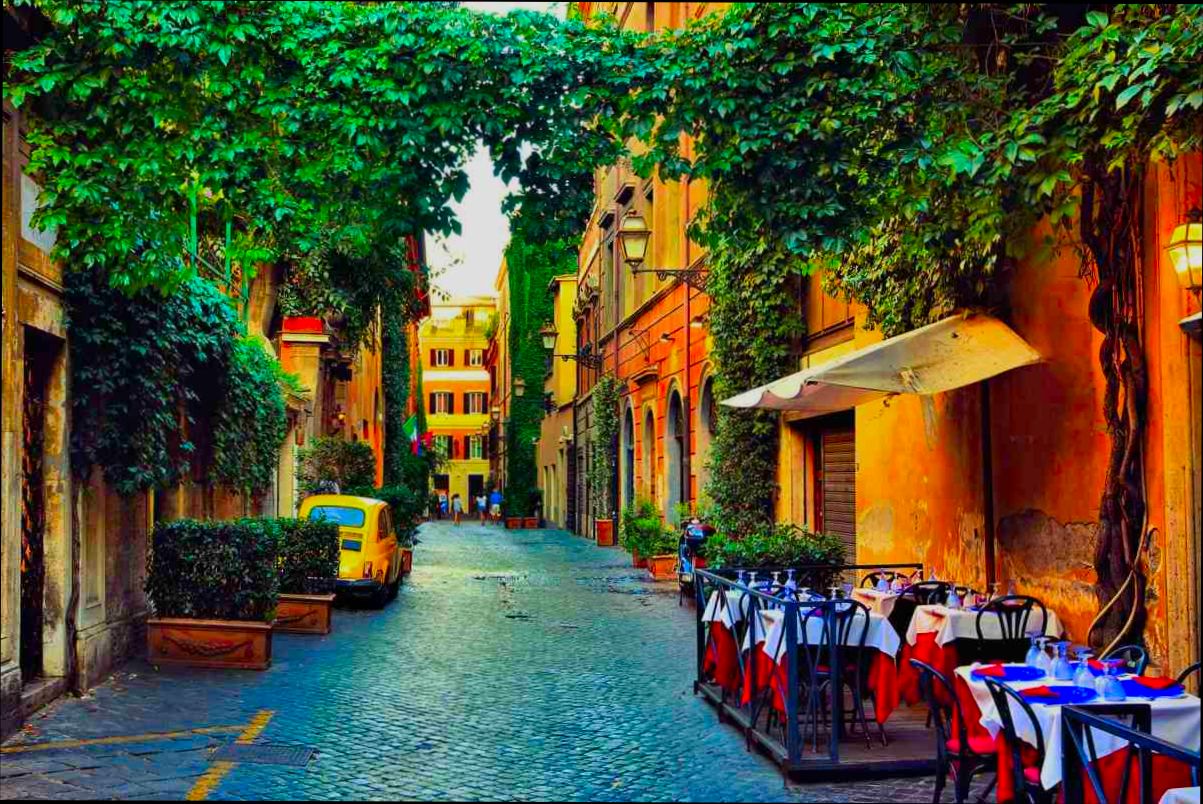
Regional Cuisine: A Culinary Advantage
Living in Rome brings you the incredible opportunity to dive into its rich regional cuisine, which is both a cultural treasure and a daily delight. The diversity of flavors, traditions, and local ingredients means you get to enjoy meals that are truly authentic and reflective of Italy’s culinary heritage.
Key Points about Rome’s Regional Cuisine
1. Seasonal Ingredients: Roman cuisine is heavily based on seasonal ingredients. You’ll often find menus that change with the seasons. For example, winter welcomes hearty dishes like cacio e pepe, while summer brings fresh salads and antipasti.
2. Local Specialties: Each locality around Rome contributes unique dishes. From carciofi alla giudia (Jewish-style artichokes) to pasta alla amatriciana, traditional recipes often highlight the local produce and culinary practices.
3. Wine Pairings: Rome is surrounded by vineyard regions like Frascati and Castelli Romani, offering an array of local wines that enhance the dining experience. Over 40% of the wine consumed in Rome originates from nearby regions, ensuring fresh selections at restaurants and local markets.
4. Street Food Culture: Street food in Rome is abundant and varies by neighborhood. You can indulge in supplì (fried rice balls) and pizza al taglio (pizza by the slice), making it possible to explore Italian flavors without breaking the bank.
Comparative Table of Roman Dishes and Ingredients
| Dish | Main Ingredients | Best Season to Enjoy |
|---|---|---|
| Cacio e Pepe | Pecorino Romano, black pepper, spaghetti | Winter |
| Carciofi alla Giudia | Artichokes, olive oil, lemon | Spring |
| Pasta alla Amatriciana | Guanciale, tomatoes, pecorino | All year round |
| Pizza al Taglio | Flour, water, yeast, toppings | All year round |
| Supplì | Rice, tomato sauce, mozzarella | All year round |
Real-World Examples of Regional Cuisine
Consider a local trattoria in Trastevere offering a seasonal menu that features tagliatelle al tartufo (truffle tagliatelle) in the fall, which celebrates the local truffle harvest. Restaurants like Hostaria Romana pride themselves on using recipes that reflect centuries of Roman tradition, showcasing dishes made from nearby farms and markets.
You can also find festivals dedicated to food innovations—such as the Sagra della Porchetta—celebrating local culinary traditions through regional dishes that attract both locals and tourists alike.
Practical Implications for Your Culinary Journey
- Explore Local Markets: Visit local markets like Campo de’ Fiori to find fresh ingredients and gain insight into typical Roman cooking practices.
- Take Cooking Classes: Participate in cooking classes that focus on traditional Roman cuisine, often hosted by local chefs who teach you the history and techniques behind the dishes.
- Dine at Hidden Gems: Seek out family-run restaurants that have stood the test of time, where you can experience authentic flavors that might not be listed in tourist guides.
Specific facts to keep in mind include that roughly 70% of Romans prefer dining at local eateries rather than franchise restaurants, ensuring you get the real taste of Roman culture. Make it a point to ask locals for their favorite spots – their recommendations will lead you to dishes you won’t soon forget.
By immersing yourself in Rome’s culinary scene, you not only enhance your dining experiences but also deepen your connection to the city’s rich history and cultural landscape.
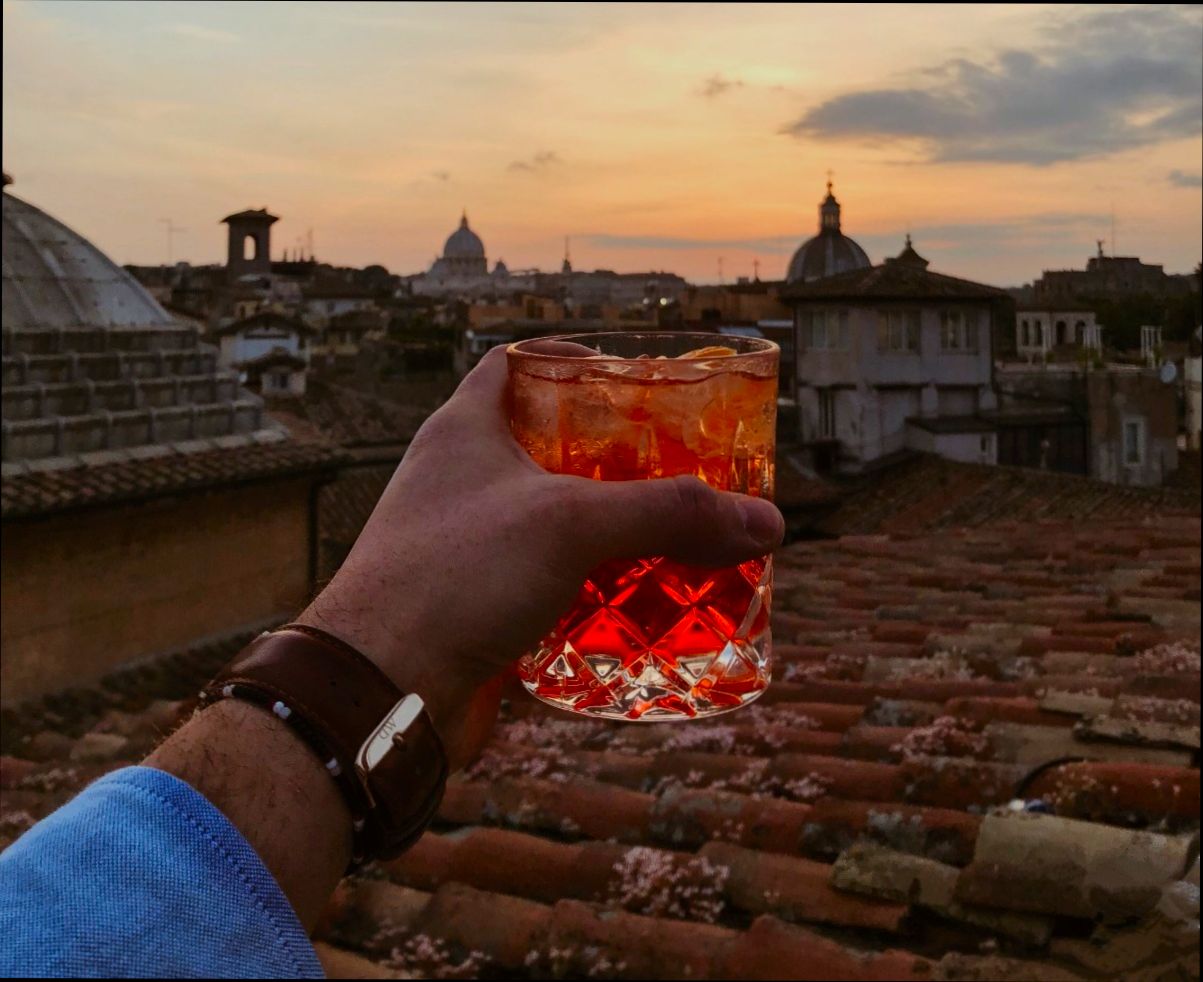
Climate Considerations for Residents
Living in Rome entails navigating a climate that significantly influences your daily life. Understanding the local weather patterns, temperature fluctuations, and seasonal changes can make your experience more enjoyable and comfortable. Let’s dive into the climatic conditions residents face throughout the year.
Key Climate Characteristics
1. Mediterranean Climate: Rome experiences a typical Mediterranean climate characterized by hot, dry summers and mild, wet winters.
2. Temperature Range: Average temperatures during summer can soar to about 30-35°C (86-95°F), while winter temperatures rarely fall below 0°C (32°F).
3. Rainfall: The city receives about 800 mm (31 inches) of rainfall annually, concentrated in the fall and winter months.
| Season | Average Temperature (°C) | Average Rainfall (mm) |
|---|---|---|
| Spring | 15-25 | 50-60 |
| Summer | 30-35 | 10-20 |
| Autumn | 20-25 | 60-80 |
| Winter | 0-15 | 70-100 |
Real-World Climate Considerations
Living in Rome’s climate can have specific implications:
- Heat Waves: In summer, heat waves can push temperatures beyond 35°C (95°F), making outdoor activities less enjoyable. Residents often adapt by staying hydrated and scheduling outdoor excursions for the cooler parts of the day.
- Winter Adaptations: With wet and cooler winters, it’s advisable to invest in waterproof clothing and good heating solutions for your home. Many locals embrace traditional winter recipes that utilize hearty ingredients, reflecting the seasonality of produce.
- Air Quality: The summer heat can sometimes exacerbate air pollution, leading to health advisories. Residents may need to be more mindful of outdoor activities on days with poor air quality.
Practical Implications for Residents
Being aware of these climate factors can help you tailor your lifestyle in Rome:
- Adapt Your Routine: Plan outdoor activities in the mornings or evenings during the summer months to avoid the midday heat.
- Home Amenities: Consider air conditioning for the hotter months and heating systems for winter, ensuring a comfortable living space year-round.
- Proper Clothing: Invest in a versatile wardrobe that accommodates both the hot summers and cooler winters, allowing you to enjoy the city in any season.
Actionable Advice
- Stay Informed: Keep an eye on the weekly weather forecast and plan your activities accordingly. Having an umbrella handy during autumn and winter will save you from unexpected showers.
- Join Local Communities: Get involved with local groups that focus on outdoor activities; they often share tips on how to enjoy the city while being mindful of the weather conditions.
- Embrace Seasonal Living: Learn to appreciate the unique seasonal offerings of Rome’s produce and adapt your cooking habits to align with the climate, making food a centerpiece of your experience.
By embracing these climate considerations, you can enhance your enjoyment of all that Rome has to offer while staying comfortable and adaptable in this beautiful city.
